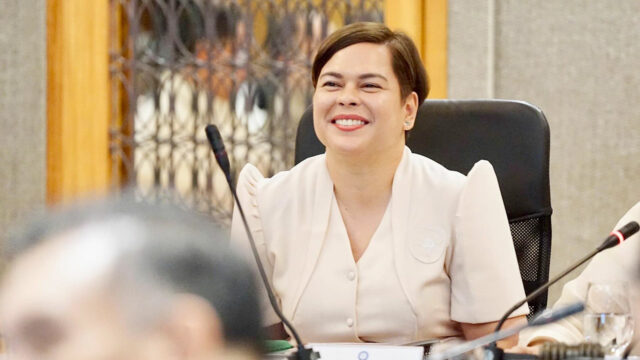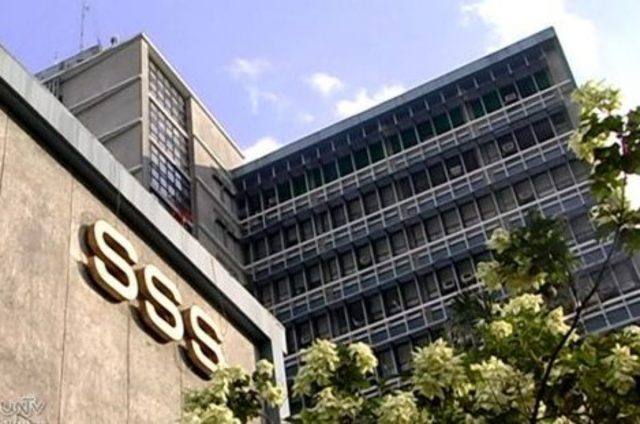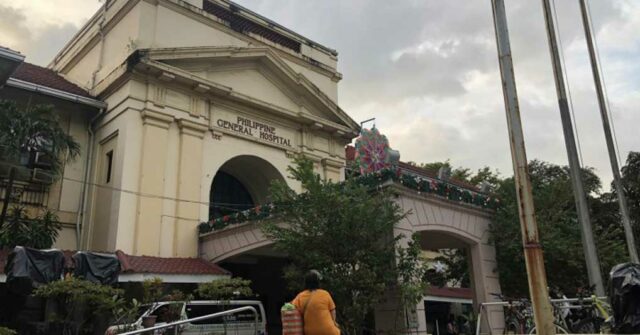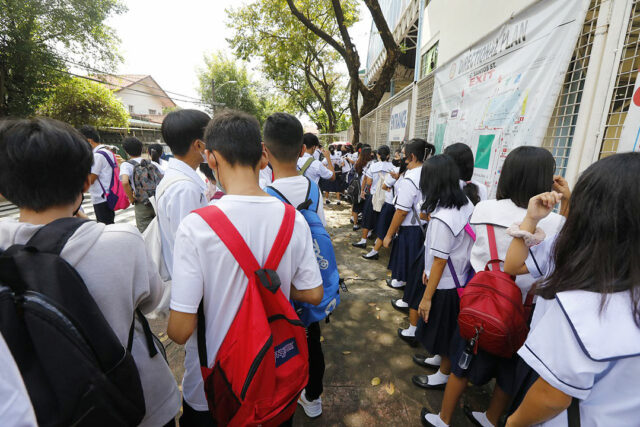VP spent confidential funds worth P125M in 11 days last year, says lawmaker
By Beatriz Marie D. Cruz, Reporter
THE OFFICE of the Vice President (OVP) under Sara Duterte-Carpio spent P125 million in confidential funds in 11 days last year, a congresswoman said on Monday, citing a state audit report.
The spending was faster than originally claimed by minority lawmakers, who earlier said the state money was spent in 19 days, Marikina Rep. Stella Luz A. Quimbo told the House of Representatives plenary as she endorsed the 2024 budget of the Commission on Audit (CoA).
She was responding to questions from Party-list Rep. Arlene D. Brosas, who earlier said the spending was illegal since Congress had not allotted the budget.
Ms. Quimbo, House appropriations committee senior vice chairperson, said this was based on liquidation reports submitted by Ms. Carpio’s office to CoA on Jan. 17.
This meant the Vice President spent over more than P11 million in confidential funds daily, Ms. Brosas told the House floor.
OVP Media and Public Relations chief Jefry M. Tupas did not immediately reply to a Viber message seeking comment.
The minority bloc earlier said the OVP had spent the confidential funds in 19 days from Dec. 13 to 31 last year. The funds came from the P221.42-million contingent fund that the Office of the President had approved and released on Dec. 13, according to the Budget department’s special allotment release order.
Executive Secretary Lucas P. Bersamin had said the P125-million confidential funds were used to build satellite offices, a flagship program of Ms. Carpio.
Ms. Quimbo, who defended the OVP’s confidential funds, previously justified the need for the OVP to use contingent funds for its projects. She said there was nothing improper about the fund transfer from the Office of the President.
CoA has sent its preliminary observations to the OVP and issued a memo. It also committed to finish audits of the OVP by Nov. 15, Ms. Quimbo said.
Ms. Quimbo said the Intelligence and Confidential Funds Audit Office, which is tasked under CoA to monitor agencies’ use of confidential and intelligence funds, is short on staff with only nine officers.
“Ideally, staffing for this office should consist of 27 people, but at the moment, they are only nine,” she said. “They are borrowing staff from other units within the CoA in order to keep up with their monitoring needs.”
“That gives us the reason to reduce amounts for confidential and intelligence funds so that we can utilize these funds in order to fully arm this unit of CoA,” Albay Rep. Edcel C. Lagman told the plenary.
Ms. Quimbo said she “submits to the wisdom of Congress” on whether it should retain the amount of confidential and intelligence funds per agency.
“When an agency says it defers to the wisdom of Congress, it effectively says also that it defers to the wisdom and unwisdom of Congress,” Mr. Lagman said.
The budgets of the President and Vice President’s offices, which have been allotted P4.56 billion and P500 million in confidential and intelligence funds for next year, breezed through the House appropriations committee.
A 2015 Budget circular prescribes the guidelines on the use of these funds, but Congress is not empowered to audit them.
CoA Chairman Gamaliel A. Cordoba earlier told the House Appropriations panel the agency would finish reviewing the circular by November.
Ms. Quimbo said CoA is seeking to amend the circular by specifying which supporting documents on confidential and intelligence funds that agencies should submit.
She said CoA should require agencies to report any transfer of confidential and intelligence funds within or across agencies and offices. “This may be happening at the moment, but these are not reported to Congress.”
She also said the Budget department should include a “stricter set of criteria” on which national government agencies are entitled to confidential and intelligence funds. Government-owned and -controlled corporations should justify why they should be entitled to the fund.
In her sponsorship speech, Ms. Quimbo urged Congress to create a special oversight committee that can access reports on confidential and intelligence funds.











